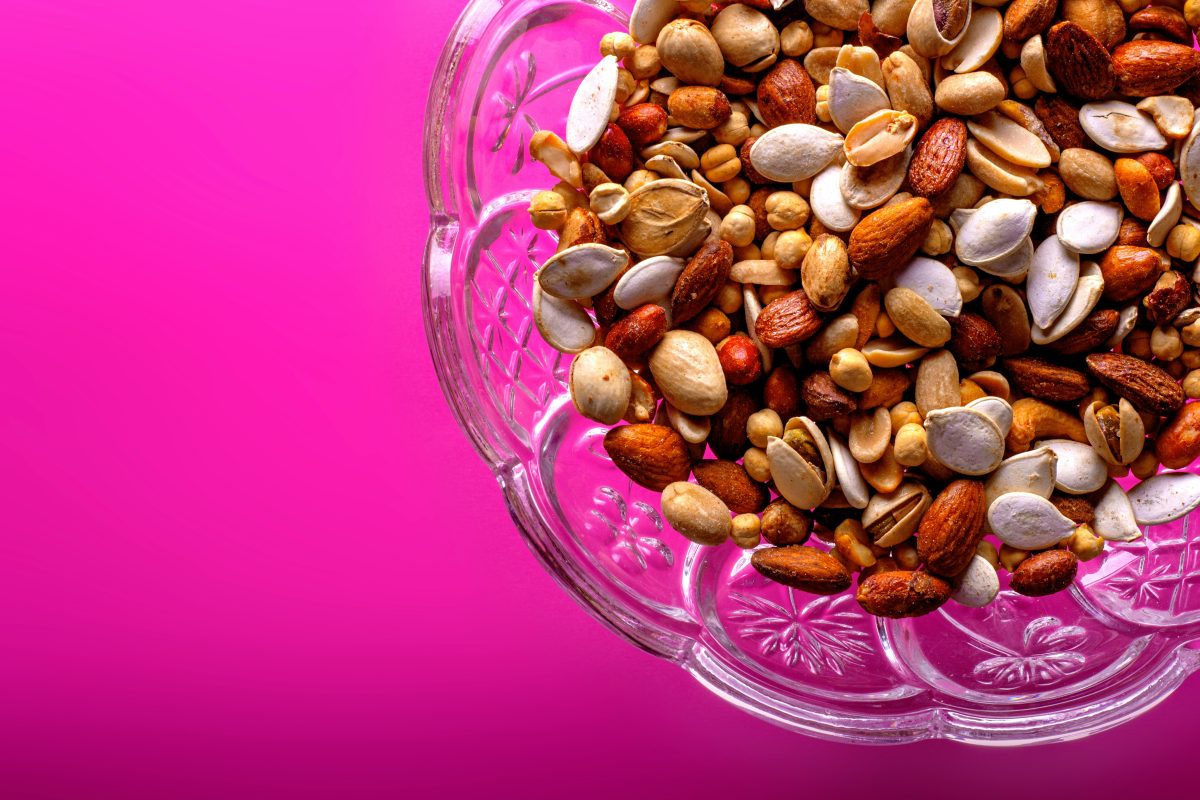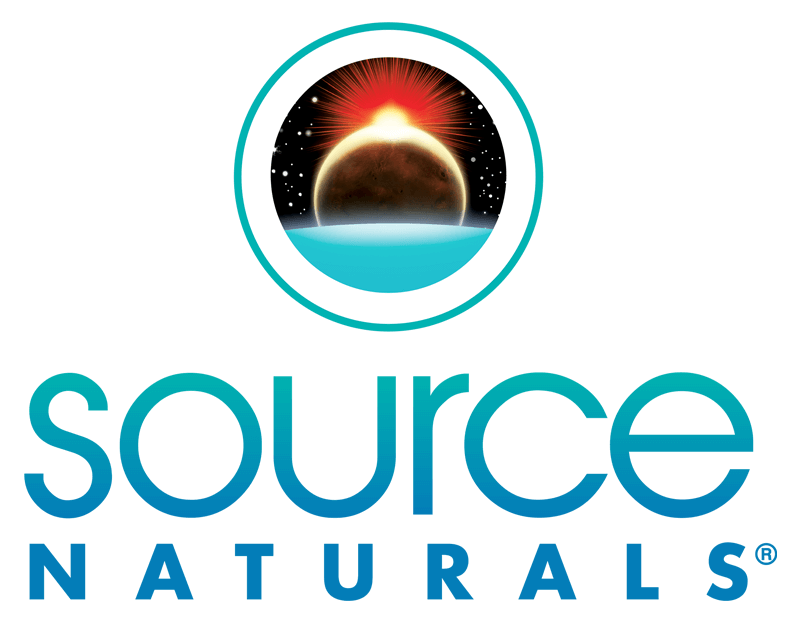Unlocking the Nutritional Power of Beets
Vitamins and Blood Pressure Regulation
Beets, scientifically known as Beta vulgaris, are vibrant root vegetables celebrated not only for their earthy flavor but also for their impressive nutritional profile. Packed with essential vitamins, minerals, and bioactive compounds, beets have garnered attention for their potential role in supporting overall health, including blood pressure regulation. In this exploration, we delve into the vitamins found in beets and their potential contributions to maintaining optimal blood pressure levels.
Rich Vitamin Content in Beets: Beets are a nutritional powerhouse, containing a spectrum of vitamins that contribute to various aspects of health. The key vitamins found in beets include:
Vitamin C (Ascorbic Acid):
- Beets are a good source of vitamin C, a potent antioxidant known for its role in supporting the immune system, promoting skin health, and combating oxidative stress.
Vitamin B6 (Pyridoxine):
- Vitamin B6 plays a crucial role in various biochemical processes, including the metabolism of amino acids and the formation of neurotransmitters. It contributes to the overall health of the nervous system.
Folate (Vitamin B9):
- Folate is essential for cell division and DNA synthesis. It is particularly crucial during pregnancy for fetal development and has cardiovascular benefits by supporting the metabolism of homocysteine, a compound linked to heart health.
Vitamin K:
- Beets contain vitamin K, which plays a vital role in blood clotting and bone health. It contributes to the synthesis of proteins involved in these processes.
Niacin (Vitamin B3):
- Niacin is involved in energy metabolism and helps maintain healthy skin, nerves, and digestive system function.
Riboflavin (Vitamin B2):
- Riboflavin is essential for energy production and the metabolism of fats, drugs, and steroids. It also contributes to the maintenance of healthy skin, eyes, and nerve functions.
Thiamine (Vitamin B1):
- Thiamine is involved in energy metabolism and supports the proper functioning of the nervous system.
Pantothenic Acid (Vitamin B5):
- Pantothenic acid plays a role in the synthesis of fatty acids, cholesterol, and steroid hormones. It is essential for energy production.
Nitrate Content and Blood Pressure Regulation: One of the standout features of beets in the context of blood pressure regulation is their high nitrate content. Nitrates are compounds that the body can convert into nitric oxide, a molecule with vasodilatory effects. Nitric oxide helps relax and widen blood vessels, promoting improved blood flow and potentially contributing to lower blood pressure.
The sequence of events involving nitrates from beets and blood pressure regulation can be summarized as follows:
Consumption of Nitrates:
- Beets contain significant amounts of dietary nitrates, particularly in their juice.
Conversion to Nitric Oxide:
- In the body, dietary nitrates are converted into nitric oxide, mainly in the saliva and stomach.
Vasodilation:
- Nitric oxide acts as a vasodilator, signaling blood vessels to relax and widen.
Improved Blood Flow:
- The vasodilatory effect results in improved blood flow, potentially reducing blood pressure.
Additional Bioactive Compounds in Beets: Apart from vitamins and nitrates, beets contain other bioactive compounds that contribute to their health benefits. These include:
Betaine:
- Betaine is an amino acid-like compound with potential cardiovascular benefits. It may help reduce homocysteine levels and support liver health.
Antioxidants:
- Beets contain various antioxidants, including betalains and anthocyanins, which help combat oxidative stress and inflammation.
Vitamins and Blood Pressure Maintenance: While the role of nitrates in beets is a key factor in potential blood pressure regulation, the broader spectrum of vitamins in beets contributes to overall cardiovascular health. Here’s how specific vitamins may play a role:
Vitamin C:
- As a powerful antioxidant, vitamin C contributes to the health of blood vessels and may have a modest blood pressure-lowering effect.
Folate (Vitamin B9):
- Folate helps regulate homocysteine levels, and elevated homocysteine is associated with an increased risk of cardiovascular disease, including high blood pressure.
Vitamin K:
- Vitamin K is involved in blood clotting, and its role in maintaining vascular health may indirectly contribute to blood pressure regulation.
Incorporating Beets into the Diet: To harness the potential benefits of beets for blood pressure regulation, consider incorporating them into your diet in various forms:
Raw or Cooked:
- Enjoy beets raw in salads or roasted, steamed, or boiled as a side dish. Cooking methods may affect the concentration of certain nutrients.
Beet Juice:
- Drinking beet juice is a popular way to consume concentrated nitrates. However, it’s advisable to start with small amounts to gauge individual tolerance.
Smoothies:
- Blend beets into smoothies along with other fruits and vegetables for a nutrient-packed beverage.
Pickled Beets:
- Pickled beets can add a tangy flavor to salads or serve as a flavorful side dish.
Considerations and Precautions: While beets can be a nutritious addition to a balanced diet, certain considerations apply:
Individual Sensitivity:
- Some individuals may be more sensitive to nitrates, and excessive nitrate intake could have adverse effects.
Monitoring Blood Pressure:
- Individuals with existing blood pressure concerns or those considering significant dietary changes should consult healthcare professionals and monitor blood pressure regularly.
Conclusion: Beets, with their rich vitamin content and high nitrate levels, offer a multifaceted approach to cardiovascular health, potentially contributing to blood pressure regulation. While the specific impact of beets on blood pressure may vary among individuals, incorporating them into a well-rounded, heart-healthy diet can offer a range of nutritional benefits. As with any dietary modifications, individual responses may differ, and it’s advisable to consult with healthcare professionals for personalized guidance on managing blood pressure and overall cardiovascular well-being.
We hope you found the information provided by Thera-Mineral valuable and insightful. At Thera-Mineral, we are dedicated to offering high-quality supplements to support your health and well-being.
If you have any further questions, need additional information, or would like to explore our range of supplements, please don’t hesitate to reach out. You can contact us at our office located at 25216 Grogan’s Park Dr. Suite A, The Woodlands, TX 77380. Our friendly team is ready to assist you by phone at 855-472-2569 or via email at support@theramineral.com.
For your convenience, most supplements are available on our website, theramineral.com. However, if you don’t find a specific product on the site, our dedicated staff can help you place an order, and we’ll ensure it’s delivered to your place of choice.
We appreciate your trust in Thera-Mineral, and we look forward to being a reliable partner on your journey to optimal health. Thank you again for being part of our community!



























